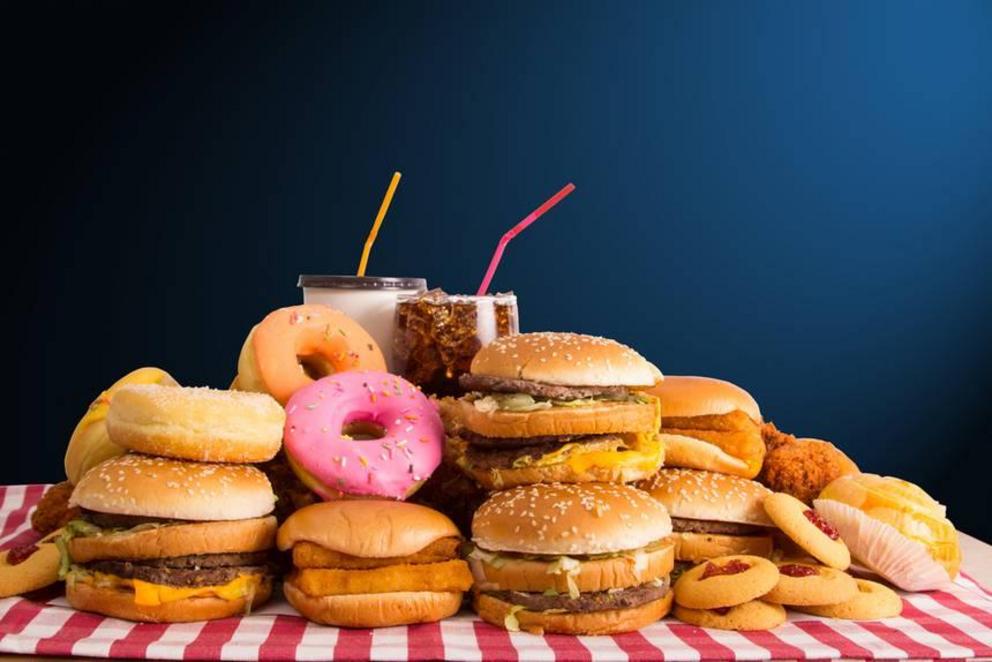Trans fats are now officially banned in US
Eight billion pounds of partially hydrogenated oils were once used every year in the U.S., but now these have been replaced by healthier oils, although controversy remains.
It has been three years since the U.S. Food and Drug Administration announced that trans fats (also known as trans fatty acids or partially hydrogenated oils) would be phased out of all manufactured foods. The final deadline was set for June 18, 2018, at which point food manufacturers would have to find alternative fats for their products.
The ban has been a long time coming, the grand finale of nearly a century of research. Trans fats were first discovered in the early 20th century, when scientists found they could solidify liquid vegetable oil by injecting it with hydrogen. The discovery won its inventors a Nobel Prize in 1912. It wasn't until the 1970s, though, that food manufacturers really embraced trans fats, in response to public backlash against palm and coconut oils being high in saturated fats. According to Today's Dietitian,
"The industrywide adoption of partially hydrogenated oils in cakes, cookies, pies, and pastries contributed to dramatic increases in intake, making partially hydrogenated oils the primary dietary source of industrially produced trans fatty acids."
Then, new research in the early 1990s found a strong link between trans fat intake and coronary heart disease. Trans fats were seen to elevate LDL ('bad cholesterol' that promotes heart disease) and lower HDL ('good cholesterol' that protects against heart disease). The first large study on trans fats found that, “at the time of peak usage, industrially produced trans fats in packaged and restaurant foods were contributing to about 50,000 early deaths annually." (via the Center for Science in the Public Interest, or CSPI)
This kicked off a major campaign by the CSPI to have trans fats labelled by the FDA (this became mandatory in 2006) and eventually banned. The CSPI writes,
"In 2013, in response to CSPI’s 2004 petition, the FDA issued a preliminary determination that partially hydrogenated oils were no longer Generally Recognized as Safe, or GRAS, for use in food. The agency finalized that determination in 2015, giving food manufacturers and restaurants three years to eliminate artificial trans fat."
That's where we find ourselves now, with most processed food recipes having been tweaked to be trans fat-free. One major concern, however, is that many manufacturers are returning to palm oil as a substitute. Palm oil lends great texture to foods and is solid at room temperature, but its production is rife with ethical and environmental problems, from the widespread razing of rainforests in Asia and Central/South America to the devastation of orangutan habitat and the burning of peat moss bogs.
While getting rid of trans fats is certainly a step in the right direction, it's important to note that the foods that once relied on them, regardless of their new substitutes, remain fundamentally unhealthy. These highly processed, heavily packaged, shelf-stable foods, such as baked goods and pastries, deep-fried foods, frozen pizza, margarine sticks, popcorn, crackers, and spreads, should not be staples in anyone's diet, but rather treats to be enjoyed on rare occasions.

